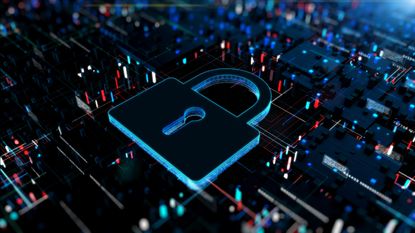The Federal Communications Commission (FCC) is inviting the public to share their thoughts on a proposal to establish a voluntary program for labeling cybersecurity on “Smart” devices. This initiative aims to assist consumers in identifying products that meet recognized security and privacy standards. Under this program, products that adhere to these cybersecurity standards will display a new logo called the “U.S. Cyber Trust Mark” on their packaging. Alongside the logo, a QR code will be available for scanning to access more information and connect to a national registry of certified devices, providing the latest security details. FCC Chair Jessica Rosenworcel commented that, similar to the Energy Star logo identifying energy-efficient devices, the Cyber Trust Mark will enable consumers to make more informed decisions regarding device privacy and security. To establish the program, the FCC will evaluate public feedback and potentially commence its implementation by late 2024. With the proliferation of smart devices, it is crucial to address this issue promptly. Experts predict that by 2030, there could be over 25 billion connected devices in operation. However, during the first half of 2021 alone, there were approximately 1.5 billion cyberattacks against smart devices. Hence, the FCC seeks input from the public on critical aspects such as the program’s device scope, management, and the development of security standards for different types of devices. This effort builds upon existing work in the public and private sectors concerning smart device cybersecurity and labeling, following the criteria established by the National Institute of Standards and Technology under the Commerce Department. Additionally, the Biden administration recently announced plans to launch this program, with the intent of raising cybersecurity standards for popular devices like smart refrigerators, microwaves, televisions, climate control systems, and fitness trackers. Some major electronics, appliance, and consumer product companies, as well as retailers and trade associations like Amazon, Best Buy, Google, LG Electronics U.S.A., Logitech, and Samsung Electronics, have already made voluntary commitments to enhance cybersecurity for their products.
